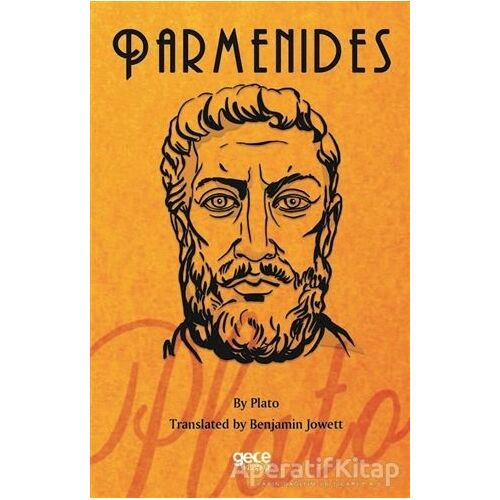Hiç mesaj bulunmadı
| Taksit | Tutar | Toplam |
|---|---|---|
| Tek Çekim | 201.00 TL | 201.00 TL |
250 TL nin altındaki tutarlar için taksit yapılamamaktadır.
| ||
| Taksit | Tutar | Toplam |
|---|---|---|
| Tek Çekim | 201.00 TL | 201.00 TL |
| 2 Taksit | 100.50 TL | 201.00 TL |
| Taksit | Tutar | Toplam |
|---|---|---|
| Tek Çekim | 201.00 TL | 201.00 TL |
250 TL nin altındaki tutarlar için taksit yapılamamaktadır.
| ||
| Taksit | Tutar | Toplam |
|---|---|---|
| Tek Çekim | 201.00 TL | 201.00 TL |
250 TL nin altındaki tutarlar için taksit yapılamamaktadır.
| ||
| Taksit | Tutar | Toplam |
|---|---|---|
| Tek Çekim | 201.00 TL | 201.00 TL |
250 TL nin altındaki tutarlar için taksit yapılamamaktadır.
| ||
| Ödeme Türü | Toplam Tutar |
|---|---|
| Diğer Kredi Kartları | 201.00 TL |
| Havale / Eft | 201.00 TL |
| Posta Çeki | 201.00 TL |
| Kapıda Ödeme | 211.00 TL |
Kapıda ödemeli siparişlerde +10,00TL kapıda ödeme hizmet bedeli ilave edilir. |
|
- Vade farksız taksitler KOYU renkte gösterilmektedir.
- X+X şeklinde belritilen taksitler (Örneğin: 2+3) 2 taksit olarak işleme alınmakta ancak ilgili bankanın kampanyası dahilinde 2 taksit üzerinden işlem yapıldığı halde 2+3 yani 5 taksit olarak kartınıza ve ödemenize yansımaktadır. (2 taksit seçilmiş olsa bile banka kampanyası dahilinde ekstradan vade farkı eklenmeden işlem 5 taksite bölünmektedir.)
The awe with which Plato regarded the character of ‘the great’ Parmenides has extended to the dialogue which he calls by his name. None of the writings of Plato have been more copiously illustrated, both in ancient and modern times, and in none of them have the interpreters been more at variance with one another. Nor is this surprising. For the Parmenides is more fragmentary and isolated than any other dialogue, and the design of the writer is not expressly stated. The date is uncertain; the relation to the other writings of Plato is also uncertain; the connexion between the two parts is at first sight extremely obscure; and in the latter of the two we are left in doubt as to whether Plato is speaking his own sentiments by the lips of Parmenides, and overthrowing him out of his own mouth, or whether he is propounding consequences which would have been admitted by Zeno and Parmenides themselves. The contradictions which follow from the hypotheses of the one and many have been regarded by some as transcendental mysteries; by others as a mere illustration, taken at random, of a new method. They seem to have been inspired by a sort of dialectical frenzy, such as may be supposed to have prevailed in the Megarian School (compare Cratylus, etc.). The criticism on his own doctrine of Ideas has also been considered, not as a real criticism, but as an exuberance of the metaphysical imagination which enabled Plato to go beyond himself. To the latter part of the dialogue we may certainly apply the words in which he himself describes the earlier philosophers in the Sophist: ‘They went on their way rather regardless of whether we understood them or not.’



